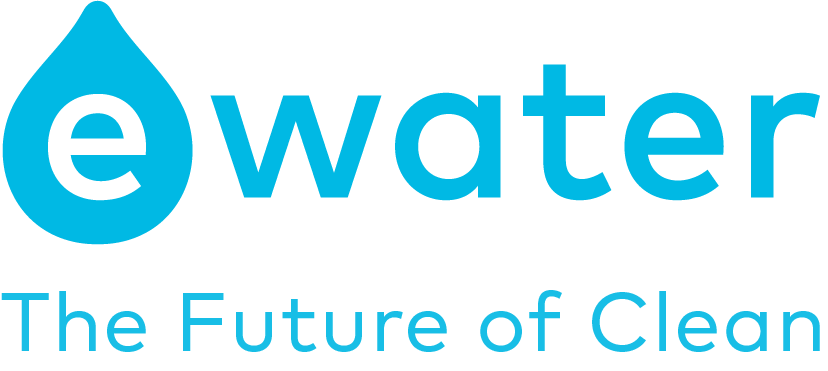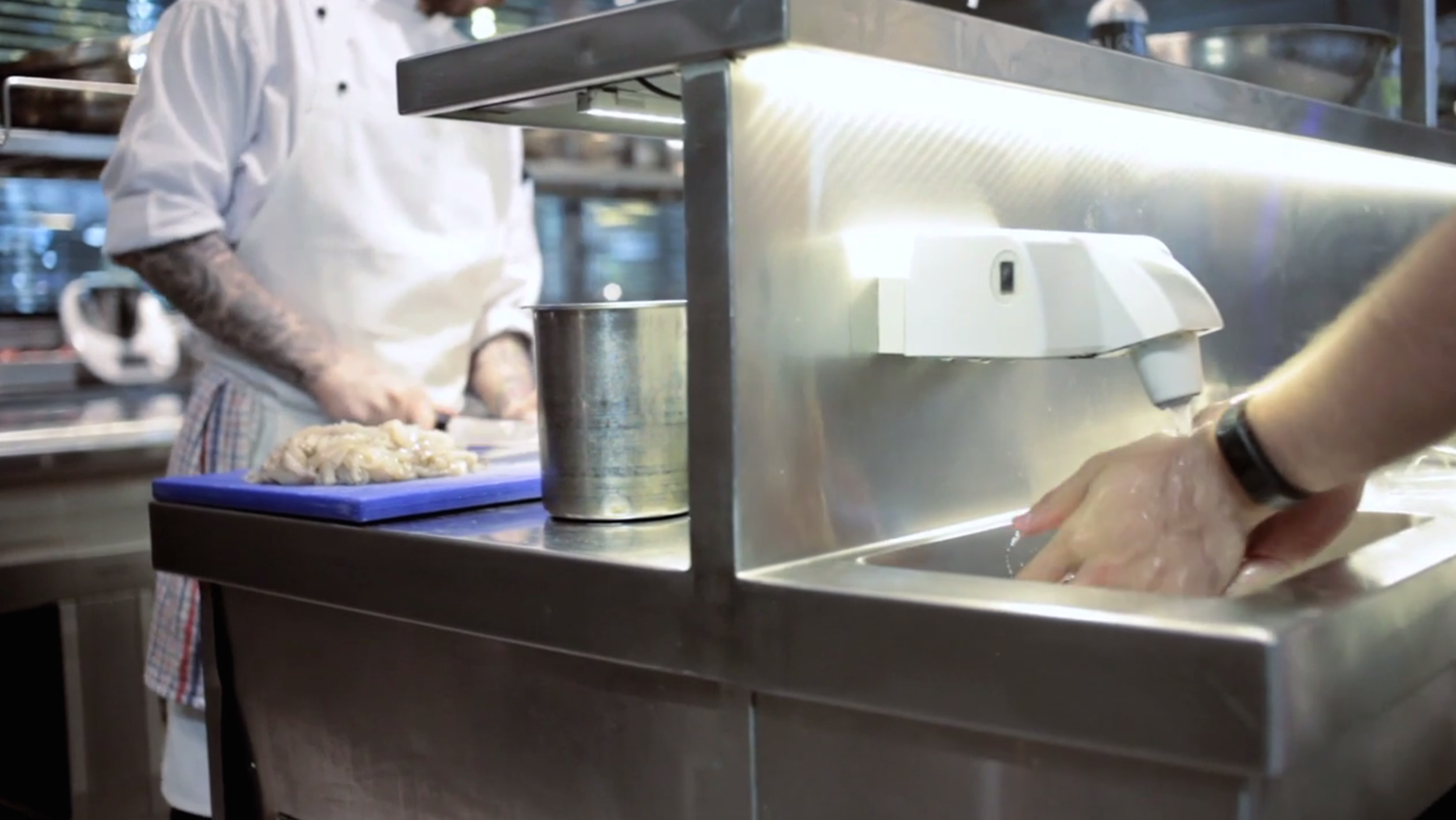As a new technology to a lot of people, we spend a lot of time out and about sharing our knowledge with customers to ensure they have the support they need to get the most from their systems. Over the coming months we will be building out a dedicated digital platform to enable us to better share all of this information along with customer stories and enable self-support. Look out for updates on this as we bring it to life. In the meantime, we thought it would be worthwhile to share a couple of our VFAQS.
eWater receives HACCP Certification
eWater Systems is pleased to announce that we have been certified by HACCP International. This certification extends the growing list of accreditations for our electrolysis systems as an industry leading hygiene system and as a high performing technology within the food industry.
eWater awarded in B Corp best for the World
eWater Systems has been honoured by B Corp for the 2nd year in a row in their annual Best for the World list recognising the extraordinary work they are doing in creating a positive impact for the environment, workers and community.
Read the full release here
Meet our new eWater team member.
Meet our new Business Development & Operations Advisor in Queensland, Julian Gibbs. With over 25 years of kitchen operations experience and first-hand experience with eWater at the ICC, Julian has extensive knowledge and experience to help your organisation.
The unseen issue affecting unseen workers
Australian cleaning industry workers are regularly exposed to dangerous chemical, causing long-term side effect and their voices are not being heard.
Chemical cleaners emerge as leading source of urban emissions
A study by the National Oceanic and Atmospheric Administration (NOAA) has found that chemical products containing compounds refined from petroleum, like household cleaners, pesticides, paints and perfumes, now rival motor vehicle emissions as the top source of urban air pollution.
How does eWater stack up?
A recent listeria outbreak affecting Australia’s rockmelon industry has called into question the practices used to disinfect and sanitise our fresh produce. Find out how eWater stacks up and compares against the typical go to chemicals for cleaning and sanitising in the market.
eWater: A solution to the listeria outbreak
A recent outbreak of Listeria monocytogenes (listeria), connected to rockmelon originating from a farm in NSW, has shown that there is a need for more effective treatment of bacteria on fruit and vegetables.
Listeriosis is of grave concern to the community and can be fatal, particularly to the elderly, pregnant women and those with weakened immune systems.
Electrolysed water has been demonstrated to be not only an effective sanitiser, particularly in regards to listeria, but its efficacy over other commercial sanitisers. eWater Systems has published a special report on the matter.
Cleaning products as damaging as cigarettes?
Regular use of cleaning products has been found to be comparable to 10-20 pack years of tobacco smoking.
According to a new study at the University of Bergen in Norway, regular exposure to cleaning products can be as harmful as a daily cigarette habit.
"When you think of inhaling small particles from cleaning agents that are meant for cleaning the floor and not your lungs, maybe it is not so surprising after all," says lead author Øistein Svanes.
eWater Submission to Government Initiative
The Victorian Government is looking for community input on the reduction of plastic pollution. With these initatives also comes the opportunity for Victoria to lead in reducing our chemical footprint.
eWater proposed that the government make the reduction of chemicals a priority. This in turn will reduce plastic, pollution and carbon impacts. Using the technology of eWater Systems, there is no longer need for harmful chemicals for cleaning and sanitising. We hope to show policy makers that there is a more sustainable way to clean up our planet.
Read our submission here.










